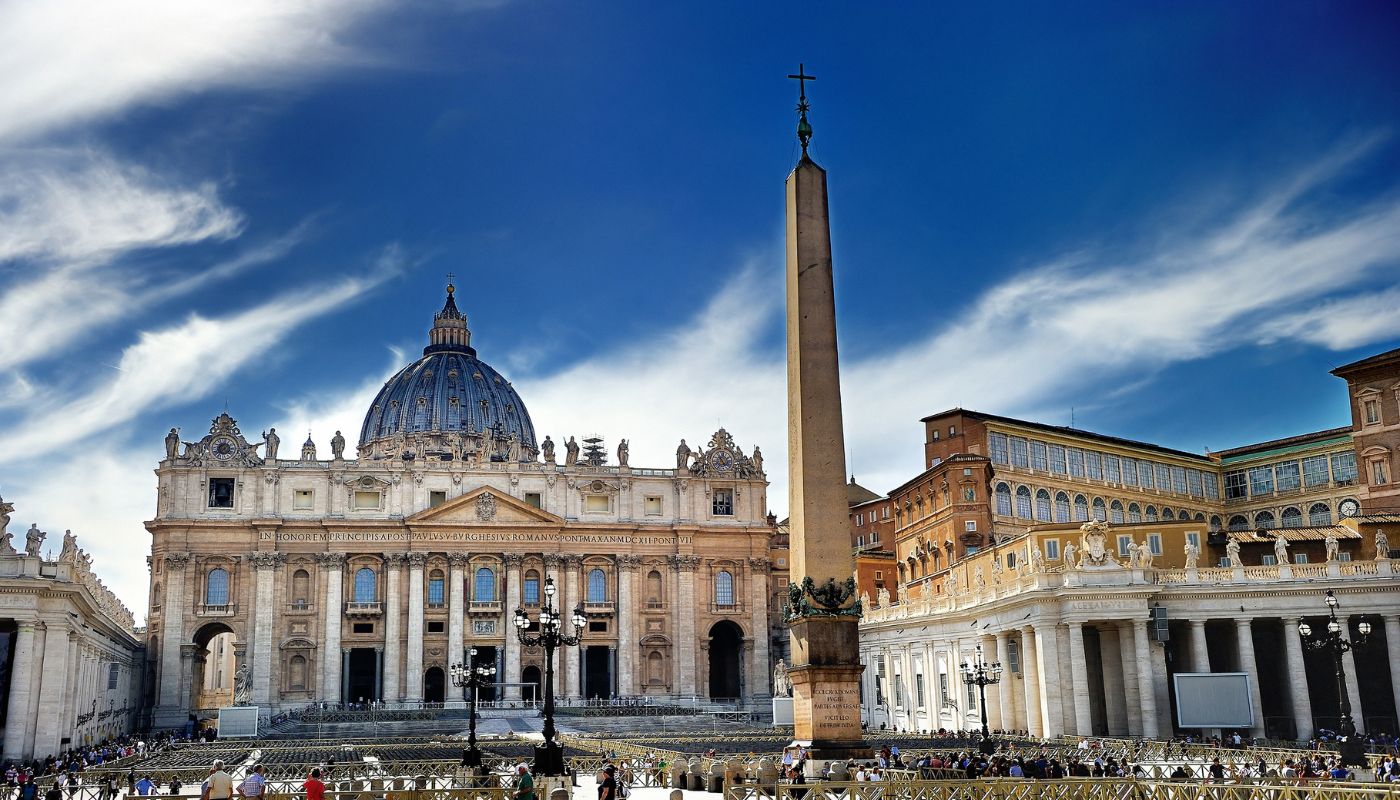
CHURCH AND WORLD
by ANDREA BELLAVITE
Never before had there been such media attention towards the rites following the death of Pope Francis, the Conclave and the election of the new bishop of Rome. Not even the ubiquitous John Paul II, an authentic globetrotter who for 27 years had kept in the freezer every possible reform of the Church and who had influenced the rapid processes of change in the world in the latter part of the twentieth century, had not obtained the same interest.
An entire planet – or at least its part influenced by the so-called West – followed with bated breath the solemn funeral, the transport to Santa Maria Maggiore and the burial. The passion for the events of Catholicism has surprisingly interested the secular world more than the religious one, going so far as to look with fear and trembling full of respect at the most macho and patriarchal rite of power that is still present in contemporary history. Here, the Conclave kept billions of people glued in front of a television, anxious in front of the images of the fireplace manned by the unaware seagulls, “black smoke”, “white smoke”, here is the applause, the cries of St. Peter’s Square, the tears of nuns and friars who rushed for a gesture on the border between faith and curiosity.
Why so much cancan for an event that should essentially concern the Catholic faithful waiting for their new leader?
There is an explanation and it is to be found in the words and gestures of the old Francis. The Argentine pontiff, progressively stronger from a moral and spiritual point of view precisely because he was physically more fragile and weaker, had in fact aroused much hope in the world. His inability to “judge” and his evident preference for transgressors of codified laws had startled many people who felt distant, exiled from a Church until previously closed to the demands of any specificity and originality. The tireless commitment to peace took the form of the political choice to support the poor world, socialism rather than capitalism. The simplicity of actions such as carrying one’s own handbag while traveling, using small cars rather than blue cars, refusing luxurious apartments to live in, as far as possible, like everyone else, have introduced a complete revision of the Pope’s idea in the Church and in the world. The preferential choice for a poor church, the attention to the homeless, the daily word in defense of the rights of migrants and the defenseless have earned him the sympathy of half the world and the corresponding antipathy of the other half.
After his death, the questions became pressing, to the point of favoring a spasmodic, almost pathological attention to the fate of the Conclave and its protagonists. The question that was spreading in the Church and in the political/cultural world was: will the next Pope convene the Council to give canonical form and stability to the revolutionary intuitions proposed by the personality of Francis? Or will he be a man of mediation, able to repair the pieces broken by Francis’ innovative impetuosity, rebuilding a unity among the abysmal diversities that have been revealed in the course of the “Franciscan” papacy? Will the Catholic Church still exist, as it has in fact been configured from the post-Constantinian age (fourth century) onwards, or will it present itself as one of the many possibilities of realizing a specific form of relationship with the divine? Will there still be a strictly male and celibate priesthood or will a season of radical reforms begin, along the lines of Francis’ resounding recognition of the fact that all religions are paths that lead to God and to the enhancement of Man?
The first impression aroused by the new pope, Robert Francis Prevost, also known as Leo XIV, is that of a real physique du role. It seems that the white robe was glued on him well before the month of May 2025. The choice, in other words, seems to be that of mediation. Leo XIV will certainly be in line with Francis, who moreover wanted him and chose him as a collaborator in roles of great importance and importance. However, there will be no lack of pastoral and social prudence that will allow the Catholic Church to maintain its privileges in the halls of planetary power, but which will not allow it to take the totally new step that perhaps Francis would have dreamed of.
An injection of security for those who feared a radical transformation and an undeniable, at least momentary disappointment for those who expected a new Church, freer, more spiritual, more profoundly Christian.
La lingua originale di questo articolo è l'Italiano.

